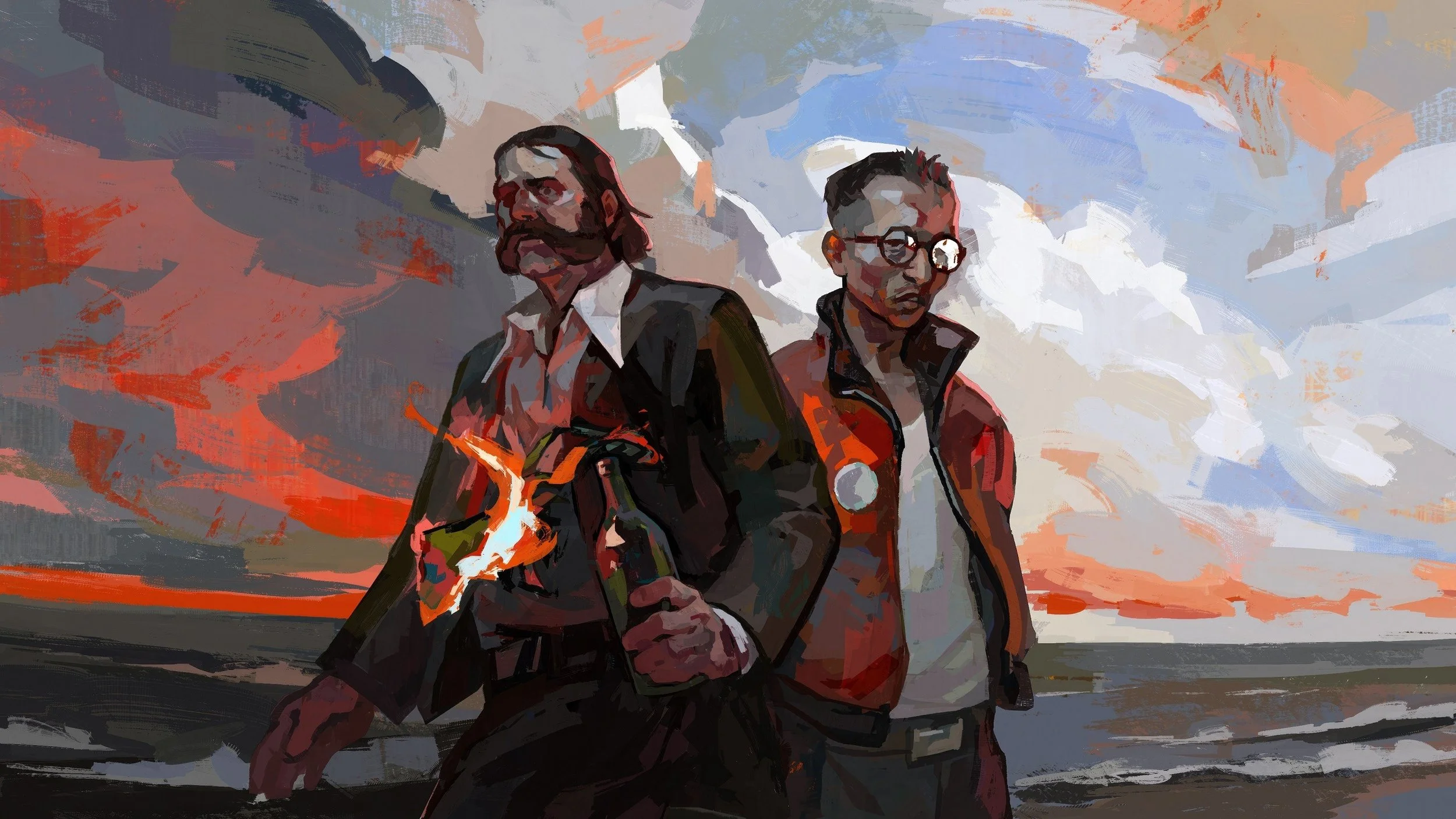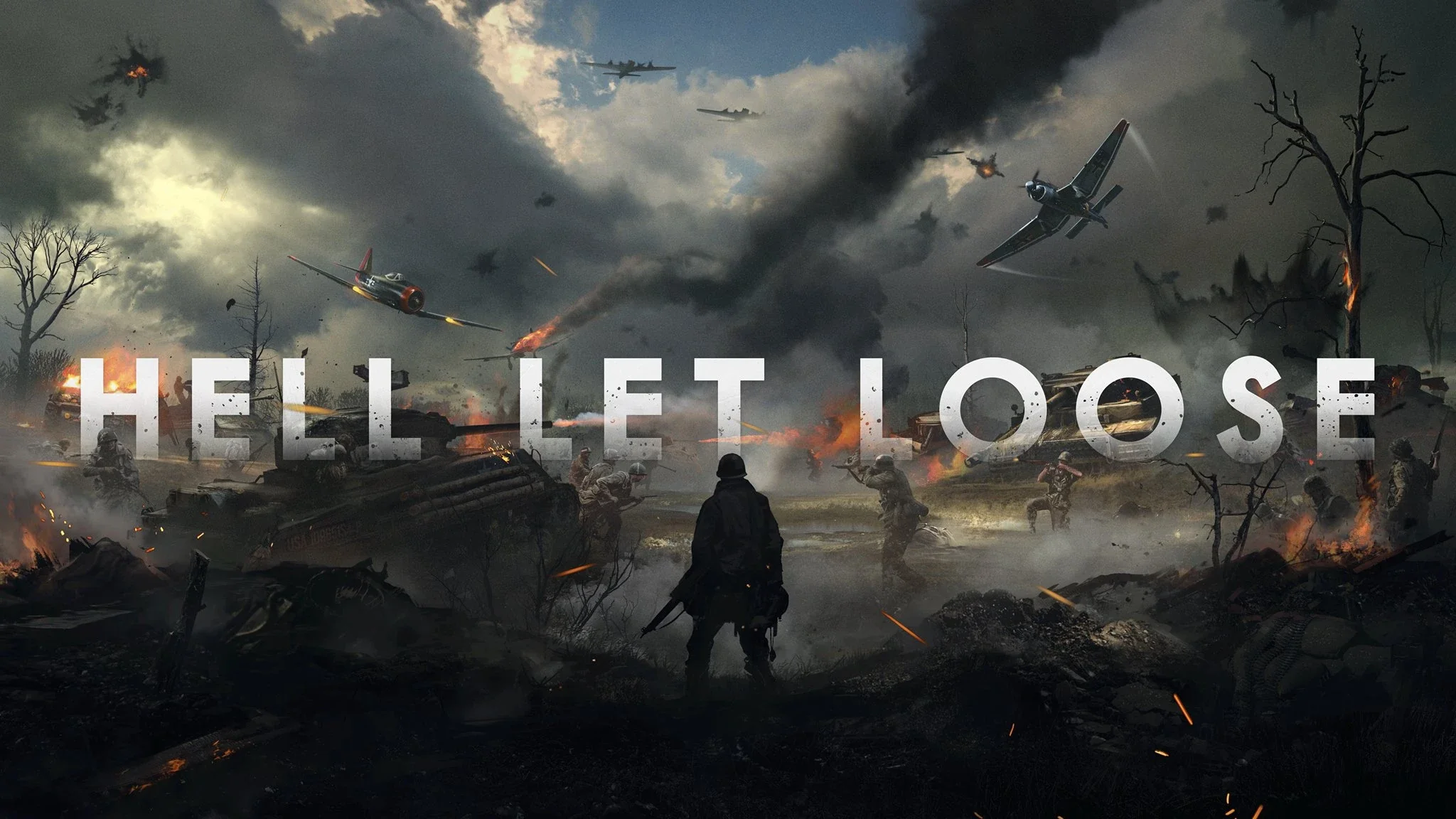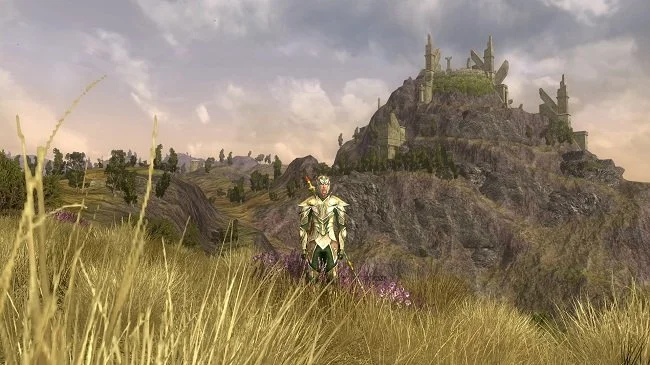Defining Immersion in Video Games
Like any leisure activity, video games have their own unique lexicon. Some of these terms have become so ubiquitous that they have bled through from pop culture into everyday parlance. Hence we have the UK Prime Minister talking about “levelling up”; a suitably nebulous and vacuous soundbite. Gaming terms are elastic and often their meaning shifts, just like many other words in daily use. Hence the acronym MMO doesn’t really mean what it did two decades ago. Fellow blogger Wilhelm Arcturus wrote about a very specific gaming phrase yesterday. One that he feels very passionately about. Namely the term “immersion”. Gamers often refer to it in heated debates but due to its ill defined nature, it is inherently ambiguous. Wilhelm explored this in both his post and its subsequent comments. I’d like to continue with that train of thought here.
The obvious question to start with is “what is immersion?”, so I did a quick Google search to see if I could determine the most commonly used definition. This proved to be “deep mental involvement in something” according to Oxford Languages. The next step is to dip our toe tentatively into the sea of semantics, because there are many words that technically have a comparable or similar definition as immersion but their associated usage and linguistic baggage make them subtly different. For example, is immersion the same as concentration? I think not. I would associate competitive gaming more with that term. Esports is more about focus, IE concentrating on your technical skills, rather than getting lost in the moment which to me has more philosophical connotations. However, the phrase “in the zone” at first comes across as more of a sports orientated term. Yet it is equally applicable to creative and artistic endeavours. A role player could find themselves “in the zone” as they spontaneously weave an engaging narrative.
Such is the nature of semantics. As you can see, we’re no nearer to a more precise definition of immersion. So perhaps it would be better to approach it from a more philosophical angle. Do all gamers place significance upon immersion? I’d argue not. Competitive gaming is more akin to sports hence I wouldn’t expect immersion to be high on such gamers agenda. So called “core gamers” are more disposed toward technical mastery and exercising their skills precisely, rather than musing on the motivations of their avatars or the beauty of the virtual world in which they are playing. In fact when one considers the cultural divide between different gaming groups, I would hazard a guess that “core” gamers eschew immersion, as it represents a major aspect of social gaming, which they despise. Hence it is fair to say that immersion is more the province of the casual gamer, the role player and virtual explorer. Furthermore its importance is possibly genre dependent.
So what have we discovered so far? That immersion is a broad church that loosely means getting lost in the game that you’re playing. I would also suggest that immersion has a scale associated with it and what sort of player you are and the kind of game that you are playing dictates where you are on that scale. Using the MMORPG genre as an example, I would suggest that role players would be at one end and casual players like myself somewhere in the middle and PVP players at the other. One’s relative immersion is dependent upon variations of the following. Concentrating upon exactly what you’re doing within the game, to the exclusion of all other thoughts. Being engaged with the written narrative (or your own headcanon), your avatar’s actions and caring about what is happening and the potential outcome. For me, it is similar to being lost in watching a film, with the added bonus of having direct involvement upon events.
Naturally, there are many different things that can impact upon our personal sense of immersion. For example, first person versus third person perspective may make a difference. When playing from a first person view, you are the character. However, with a third person view you are observing the character. It is a small and subtle distinction but people may well react differently because of it. Animations, on screen prompts player chat can also be a source of distraction and objection that spoils one’s sense of immersion. And then there is the thorny issue of in-game stores and business imperative that comes with video games. This is often an anathema to those who see video games as a refuge from the iniquities of modern corporate life, despite the fact that video games are in many ways a microcosm of the fruits of capitalism.
For me, immersion in video games is something I find when I am on my own and free from interruptions. I can spend as much time as I like following the narrative, or reading the various lore books I find. It’s about stopping to take in a view and reflecting upon its beauty. It’s about watching the hustle and bustle of both NPCs and players in major cities. Immersion is the sense of satisfaction, achievement and joy I feel after beating a boss, completing a major quest arc or simply travelling round a virtual world. Anything that comes between these things breaks that immersion. I dislike skipping through quest bestowal text or dialogue as it somewhat mitigates my “motivation”. At times I do feel like a method actor seeking for “reasons” for my in-game actions beyond the obvious.
Immersion is a subjective and enigmatic thing. As there is no comprehensive and universally accepted definition that we all buy into, debates upon the subject will always be contested as not everyone’s experience is identical. Overall I believe that in light of this conclusion, the best we can hopefully agree upon is that immersion exists as a spectrum or scale. Exactly where we fit on it is unique to each of us. As to arguments that there is no such thing as immersion that are proposed from certain gaming quarters, I believe them to be flawed. Immersion is about feelings and one’s personal perceptions. It is not solely defined within logical parameters and in legally binding terms. Immersion in games is akin to what we feel when we are enthralled by a good book or that emotive response you have to a great song or piece of music. We do these uniquely, however it is entirely possible to find ourselves in part of the Venn diagram shared with others.




























